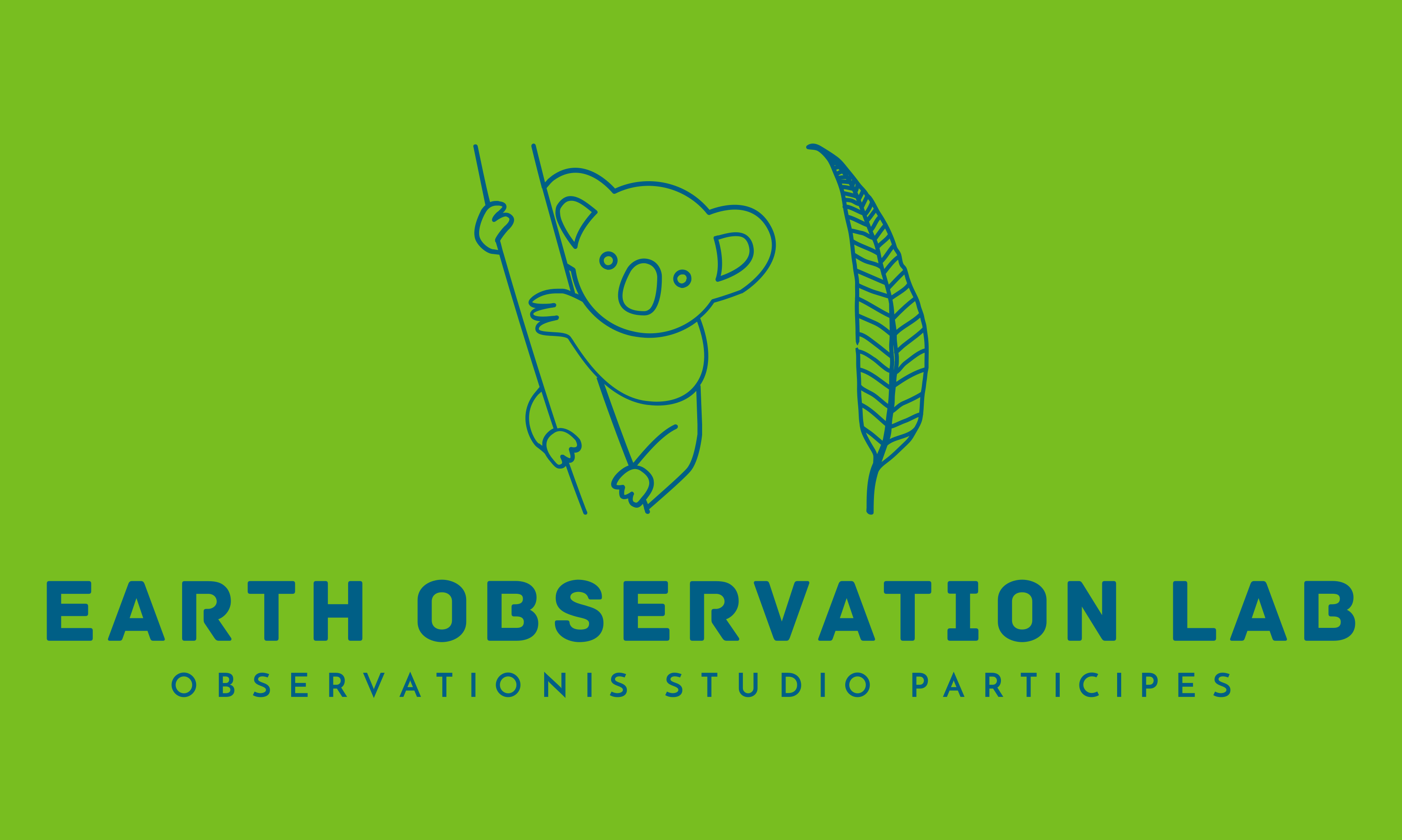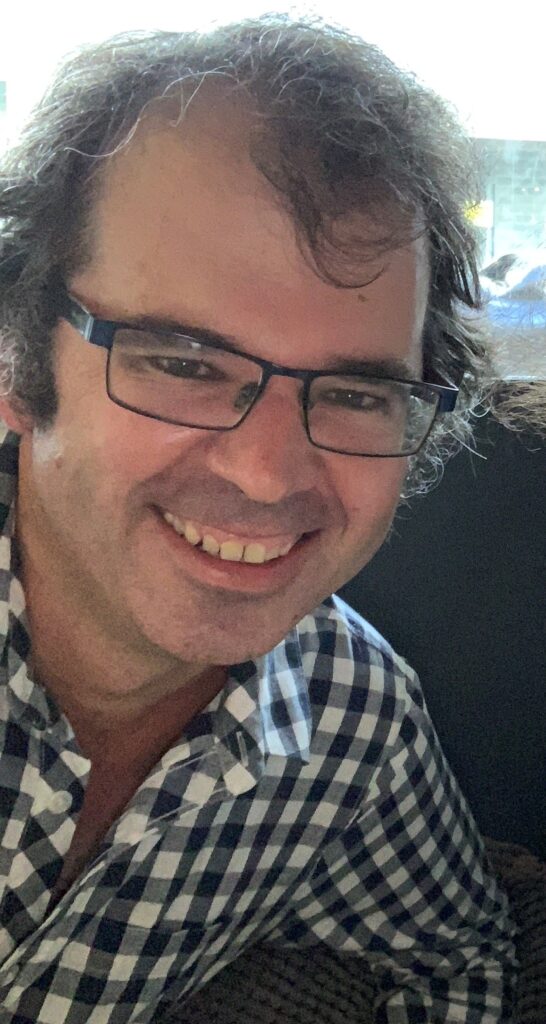
Professor Thomas Bishop
Academic Director: Sydney Informatics Hub
Phone: +61 2 8627 1056
Email: thomas.bishop@sydney.edu.au
Profile: https://www.sydney.edu.au/science/about/our-people/academic-staff/thomas-bishop.html
Tom Bishop is the Academic Director of the Sydney Informatics Hub, which is a Core Research Facility at the University of Sydney. He is a Professor in the School of Life & Environmental Science where his research interests are in modelling and predicting the variation of environmental properties in space and time, with an emphasis on applying this to the domains of soil, agriculture and hydrology. His main teaching is related to applied statistics, environmental science and GIS. He is an Associate Editor for the European Journal of Soil Science and Soil Research and is on the Editorial Board of Geoderma and Pedosphere. Prior to starting work at the University of Sydney in 2007, Tom held postdoctoral positions at the University of Florida in the USA, Rothamsted Research in the United Kingdom, and the University of New South Wales. He completed his PhD in Precision Agriculture in 2002 at the University of Sydney.
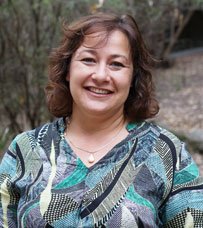
Dr Adrienne Burns
Senior Lecturer in Biological and Environmental Science – School of Environmental and Rural Science
Phone: +61 02 6773 3957
Email: aburns@une.edu.au
My ecological research is focused on understanding fundamental biogeochemical processes such as nutrient and organic matter cycling, and ecosystem metabolism that support aquatic food webs. I have a specific interest in the ecology of algal and microbial biofilms in wetland and river systems. Biofilms are simply bacteria, fungi, algae, unicellular animals and detritus growing on submerged wood, leaves, stones and sediments. Where there is lots of light, biofilms will be dominated by algae, but in turbid rivers, light availability is reduced, and biofilms may be dominated by bacteria and fungi. Biofilms can be sampled easily and rapidly, occur on all submerged surfaces, and have short life cycles, allowing a rapid response to changing conditions.
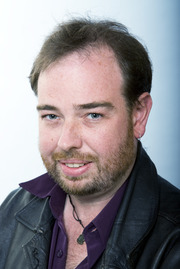
Professor Mathew Crowther
Professor in Quantitative Conservation Biology
Phone : +61 2 9351 7661
Email : mathew.crowther@sydney.edu.au
Profile: https://www.sydney.edu.au/science/about/our-people/academic-staff/mathew-crowther.html
Mat has an extensive background in wildlife ecology evolution and management with over 20 years teaching, research and field survey experience. He has conducted research and field studies on terrestrial wildlife throughout Australia and internationally. Mat has studied habitats ranging from tropical islands and savanna to temperate forests and sandy deserts, often in remote areas. He has a comprehensive knowledge of and experience with the identification, taxonomy, distribution, habitat and ecology of terrestrial vertebrate fauna. He is an acknowledged expert in mammals, and he has discovered and described two species and one subspecies. He is now one of the leading experts in koalas and serves on multiple committees. His latest research focuses on koalas, dingoes and rodents. He is also working on the chemical mechanisms of fear of cats by rodents. Mat is also now looking at how methods of studying animal performance might be applied to sports science.
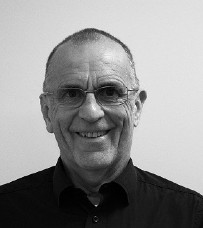
Dr Ross Jenkins
Lecturer in Ecosystem Management – School of Environmental and Rural Science
Email: rjenkins@une.edu.au
Ross has a Masters in geoscience, a Graduate Diploma in GIS, and a PhD in environmental assessment (GIS and remote sensing). He has a background in exploration geology, town planning, environmental consulting, and academic teaching in related contexts. In his research he focuses on collaboration, to offer his spatial science knowledge in designing solutions across a diverse range of topics.
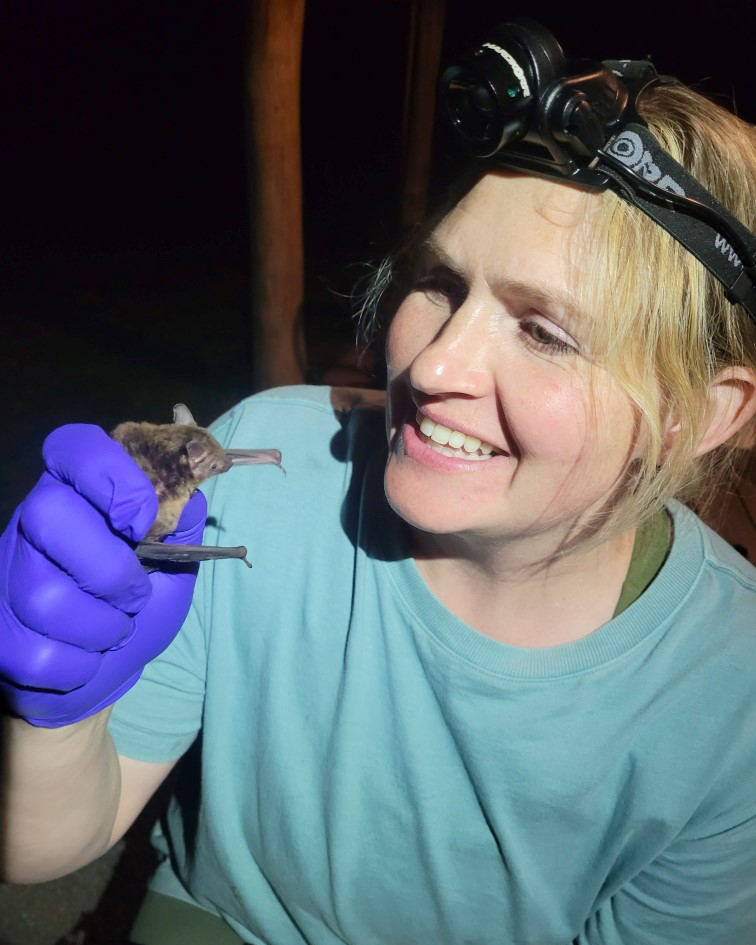
Dr Heidi Kolkert
Lecturer in Wildlife Ecology – School of Environmental and Rural Science
Email: hkolker2@une.edu.au
Dr Kolkert is a fauna ecologist specialising in threatened species management. Heidi’s current and past research focuses on insectivorous bats in agri-ecosystems and the acoustic analysis of bat echolocation and other fauna sounds. Heidi’s research also examines wildlife interactions in agri-ecosystems and the impacts of environmental disturbance (e.g. roads, renewable energy) and land-use change on wildlife communities, species interactions, and natural history. Heidi also serves as Collections Manager of the UNE Natural History Museum.
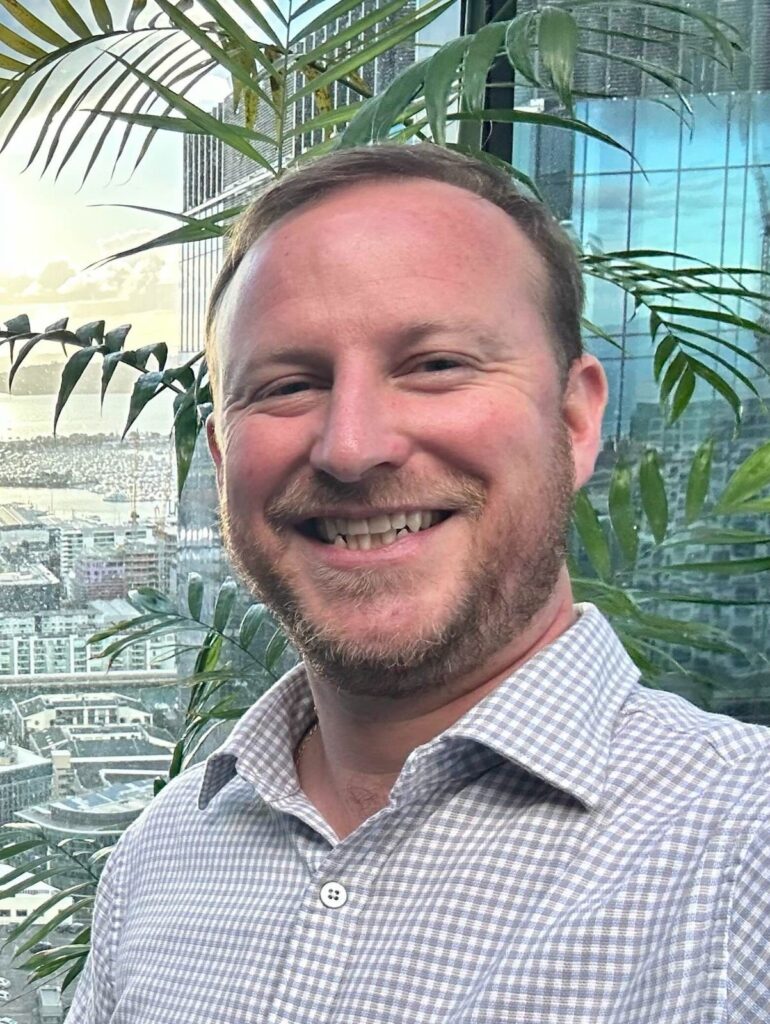
Alex Leith
Founder, Auspatious
Alex Leith is the founder of Auspatious and he has expertise across geospatial data management, cloud architecture and is a leader in the open source geospatial community. Auspatious specialises in supporting geospatial technology projects both small and large, so please get in touch if you think we might be able to work together.
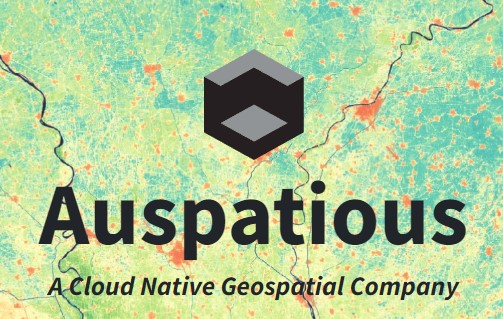
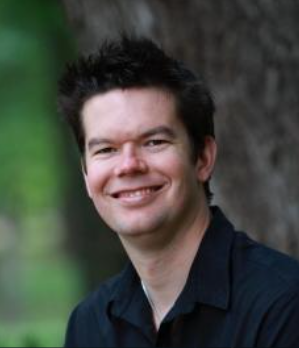
Dr Leo Lymburner
Earth Observation Scientist
Email: Leo.Lymburner@ga.gov.au
Phone: (02) 6249 9587
I’ve worked in Earth observation science since 1998. I was employed at CSIRO Land and Water from 1998 to 2001, following which I completed a PhD with the CRC for Catchment Hydrology on the remote sensing of riparian zone/floodplain structure and function. I was a lecturer at the Australian Defence Force Academy in 2005 and moved to the TropWater facility at James Cook University, Townsville in 2006. I joined Geoscience Australia in 2008 and have worked at GA on a wide range of activities including land cover mapping, emergency response activities and surface water characterisation.
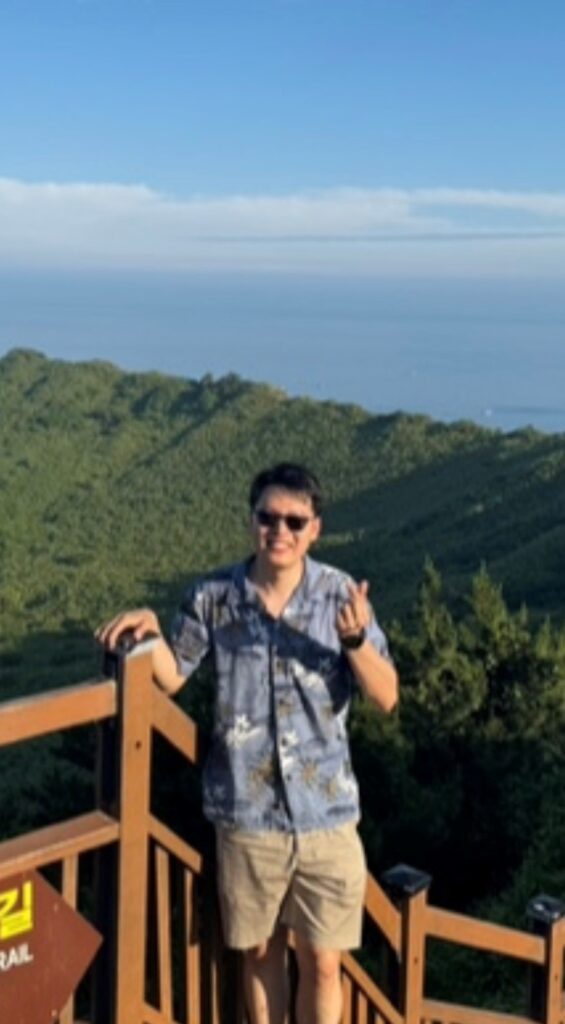
Dr Yiwei Mao
Research Scientist – ARC Training Centre for CubeSats, UAVs & Their Applications, School of Physics, The University of Sydney
PhD, BEng (Hons) Mechatronics/Space Engineering, BSc Physics/Maths
Postgraduate Teaching Fellow 2022-2023 at School of Physics
Email: yiwei.mao@sydney.edu.au
Yiwei considers himself as a remote sensing practitioner with experience in calibrating and operating hyperspectral instruments. He is interested in all aspects of environmental science and the socio-economic impacts of environmental policy. During his postgraduate studies, he was a core founder and developer of OpenHSI, an open-source hyperspectral imager with accompanying open-source software and documentation. This work lowers the barriers to hyperspectral technology and makes it accessible to more practitioners.
Yiwei interned at CSIRO Astronomy and Space Science in 2018 and worked on fast radio burst detection using machine learning. In 2022, Yiwei was a visiting student researcher at the Digital Imaging and Remote Sensing group at Rochester Institute of Technology, and in the following year, he visited Caltech and NASA JPL working on modelling chlorophyll fluorescence. After completing his PhD, Yiwei now works with LiDAR and hyperspectral instruments for environmental surveying.
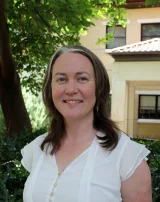
Dr Caitlin Moore
UWA School of Agriculture and Environment, Centre for Water and Spatial Science
Phone: 08 6488 6276
Email: caitlin.moore@uwa.edu.au
Profile: https://research-repository.uwa.edu.au/en/persons/caitlin-moore
My overarching research interest is in ecosystem processes – understanding how native and managed ecosystems grow and function from the leaf to landscape scale. I use measurement techniques, including leaf gas exchange, eddy covariance, micrometeorological observations, and hyperspectral sensing (i.e. LIDAR, sun-induced chlorophyll fluorescence), to monitor ecosystem changes over time. I then combine these measurements with modelling techniques to understand how ecosystems respond to climate variability and stress. Using this approach, my research activities focus on the following:
Native and managed ecosystems in WA: improving current measurement infrastructure to provide faster monitoring of native eucalypt woodland and cropland (i.e. wheat) ecosystems in Western Australia. These enhancements will help to improve crop and native ecosystem productivity assessment, water use efficiency, and stress detection.
Bioenergy sustainability: comparing and contrasting the sustainability and economic benefits of annual and perennial bioenergy crops; including maize, miscanthus, switchgrass, native prairie grasslands, energy sorghum and sugarcane.
Food security: building and testing high-throughput phenotyping techniques to speed up identification of high-performing crop cultivars.
Tropical savannas: understanding how the tree and grass components invidudually contribute to overall savanna ecosystem productivity and phenology over seasonal, annual and inter-annual timescales.
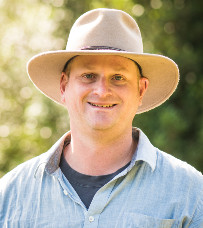
Dr Andrew Thornhill
Lecturer in Plant Systematics, Director of the N.C.W. Beadle Herbarium – School of Environmental and Rural Science
Email: andrew.thornhill@une.edu.au
Twitter: @AHThornhill17
Dr Andrew Thornhill is one of the botanical lecturers at UNE as well as responsible for the running of the UNE N.C.W. Beadle Herbarium. Andrew was first attracted to botany through collecting carnivorous plants which led to a Masters project at Monash University studying pitcher plants. He completed his PhD at the Australian National University working on the plant family Myrtaceae and continued his research through postdoctoral research on plant evolution with an emphasis on Australian plants (eucalypts and Acacia) and large phylogenetic studies across a broad botanical and geographical range. Andrew has worked in various herbaria over his career including the Australian National Herbarium at CSIRO in Canberra, the Australian Tropical Herbarium at James Cook University in Cairns, the University and Jepson Herbaria at the University of California, Berkeley, and the State Herbarium of South Australia in Adelaide.
